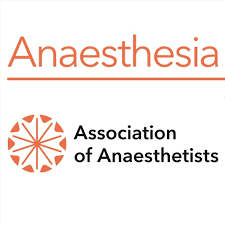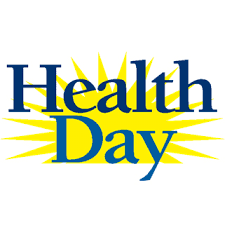
Editor's Note Bariatric surgery produced five times greater weight loss than GLP-1 medications in a new study of over 51,000 patients with obesity, according to a June 18 article from Fox News. The retrospective study, funded by the NIH and conducted by researchers at NYU Langone Health and NYC Health…

Editor's Note Bariatric surgery improves survival and appears cost-effective over a decade for patients with obesity and compensated cirrhosis, according to an April 18 report in Healio. The findings, based on an analysis published in JAMA Surgery, suggest that bariatric surgery could fill a crucial gap in care for this…

Editor's Note Taking GLP-1 receptor agonists before anesthesia increases the risk of residual gastric contents, but evidence is lacking for a corresponding increase in perioperative pulmonary aspiration risk, according research published April 15 in the journal Anaesthesia. The systematic review and meta-analysis analyzed 28 observational studies involving over 466,000 patients…
Editor’s Note Preoperative use of sodium-glucose cotransporter 2 inhibitors (SGLT2i) does not increase the risk of postoperative diabetic ketoacidosis (DKA) in patients undergoing emergency surgery, according to a study published February 19 in JAMA Surgery. These findings challenge the current FDA recommendation to withhold SGLT2i medications for at least three…

Editor's Note Joint guidance from key US medical associations advises that most patients on GLP-1 weight-loss medications, such as semaglutide (Ozempic, Wegovy) and tirzepatide (Mounjaro), may safely continue these drugs before surgery, HealthDay News reported October 31. Concerns had emerged about potential risks associated with these medications due to their…

Editor's Note A shuttered bariatric surgery center in Oklahoma last month is just one example of how the rise of Glucagon-like peptide-1 (GLP-1) agonists are reshaping health systems’ investments, Axios reported August 13. Rather than “massive hospital towers with cardiology clinics, dialysis beds and joint replacement centers,” the focus is…
Editor's Note Early symptoms of type 2 diabetes often go undetected, and late detection can lead to long-term complications, including heart disease, nerve damage, and retinopathy. Screening for type 2 diabetes in the emergency department could reveal thousands of previously undiagnosed cases each year, EurekAlert! October 3 reports. These findings…